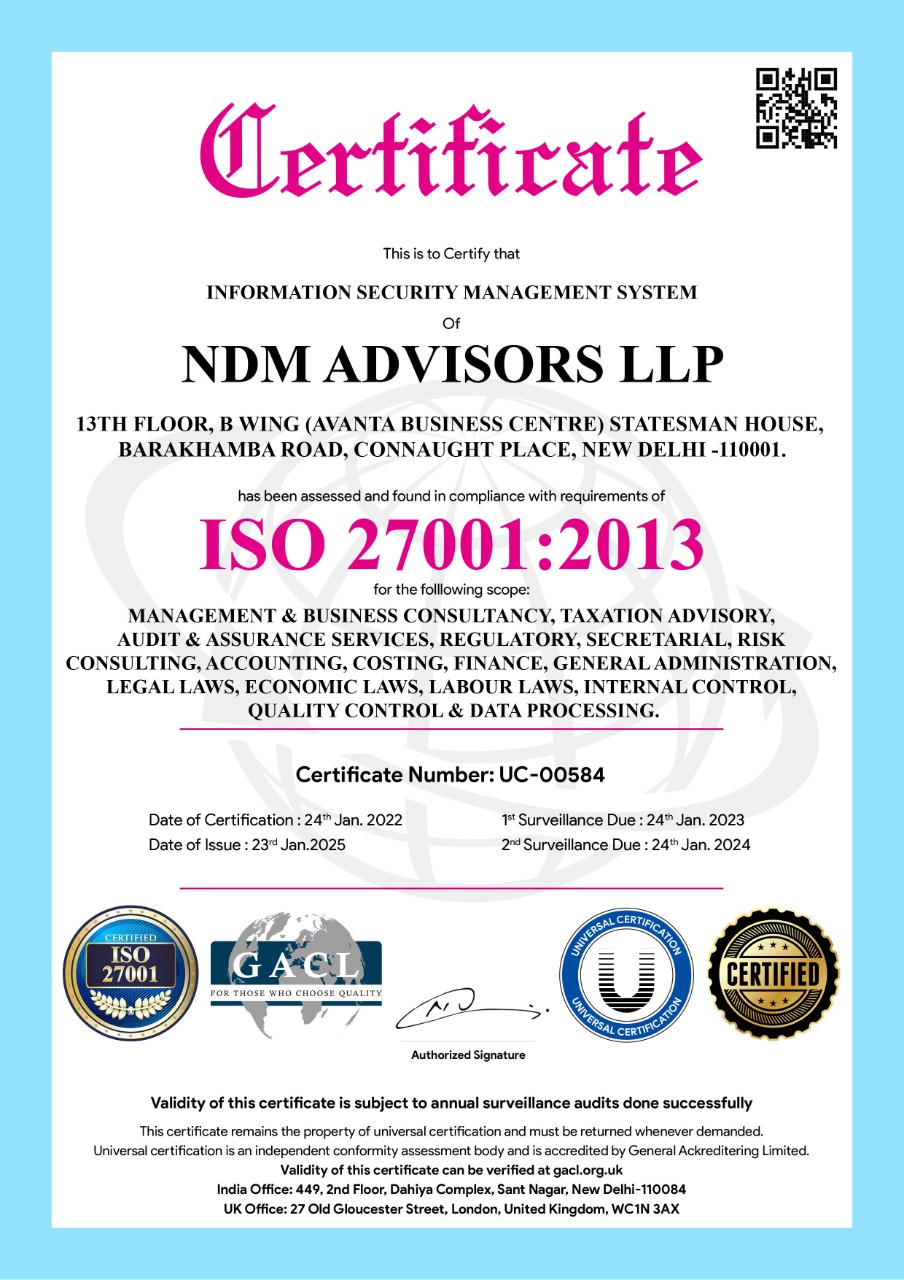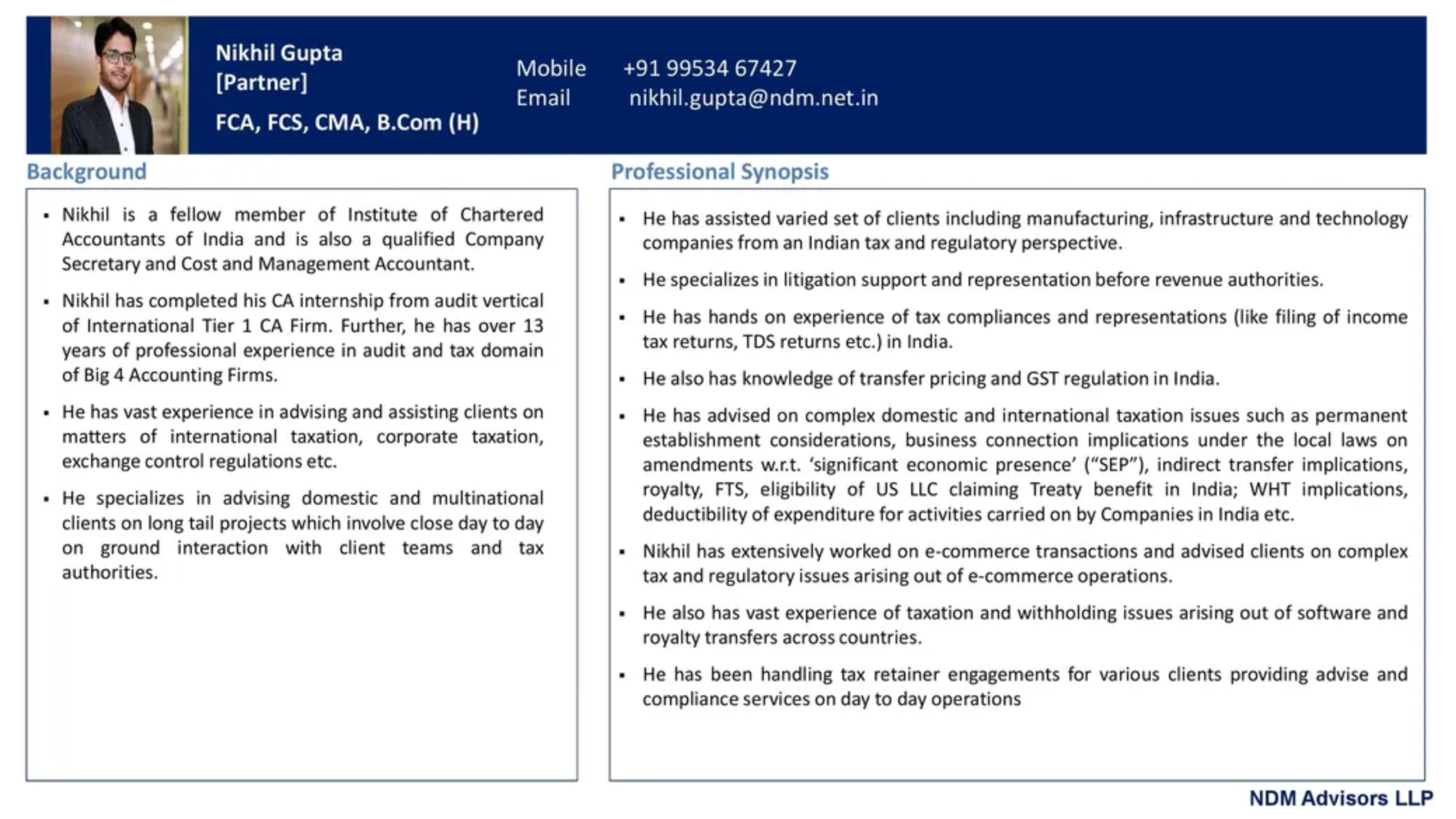The Benefits of Outsourcing Ecommerce Tasks In Your Business

Outsourcing eCommerce and associated tasks is a complicated business practice that has many different definitions and comes in many different forms.
One thing is certain: it’s one of the most effective ways for small eCommerce businesses to cut costs and become more efficient, which are two things you’ll need if you want to stay competitive.
In this article, we’re going to describe the benefits of outsourcing and what it can do for your business’ finances, revenue and workflow. We’ll also take a look at a few disadvantages of outsourcing to counterpoint a few of the advantages we’ll be covering.
First, let’s go over the many different definitions and formats we mentioned before.

What is eCommerce Outsourcing?
eCommerce outsourcing is the practice of using third-party companies, products and services to create goods and provide services.
The term “outsourcing” typically refers to tasks usually performed by in-house staff. With an eCommerce business, these tasks can include things like writing product descriptions, handling support tickets, website development, technical support, marketing, and more – sometimes even handing the complete responsibility of eCommerce to a third party.
Many e-commerce businesses outsource to cut current costs or save on new resources they want to add to their workflows when they can’t afford or don’t wish to hire dedicated employees. Outsourced labour can be domestic or international with both practices sparking debates on the ethics of outsourced work.
Outsourcing vs Insourcing
While outsourcing is the practice of hiring third-party labour, “insourcing” is the term to use when referring to the practice of using in-house labour to perform tasks.
Let’s use an eCommerce business that only operates online as an example. The departments this type of company has typically included administration, web development, product management, inventory, shipping, marketing, sales and customer service.
If you break down one of these departments, let’s say administration, you’ll find a variety of different tasks it’s responsible for, from employee management and payroll responsibilities to accounting and human resources. Smaller stores may have the business owner and one other employee handle these tasks, but eventually, all businesses need to hire an individual or an entire department to handle each task.
This is when the owner of the eCommerce business must decide whether they want to outsource or insource the task. They can insource an accountant if this task has become too overwhelming for the business owner to handle themselves. While more expensive, in-house employees are much easier to keep track of, and there will never be a time where their services aren’t available save for illness.
However, it may make more sense to outsource this task in cases where the business doesn’t produce enough accounting data to justify hiring a full-time employee.
Outsourcing vs Offshoring
There are other practices businesses use to cut costs. It’s called “offshoring,” and it refers to the practice of moving a department or your entire business operations to another country. Many consumers and business owners alike often confuse it with outsourcing by automatically thinking companies who outsource only outsource jobs to other countries. In actuality, outsourcing and offshoring are entirely different business practices, though you can certainly combine the two.
Offshoring is often practised by businesses that sell their own products. The costs of manufacturing and everything related to it are quite high in many western countries, prompting many companies to move operations to countries like Mexico, China and Taiwan where labour costs are cheaper.
Businesses can utilize both practices by outsourcing certain tasks, including manufacturing and customer service, to third-party companies outside of their own countries. Both are done to cut costs, but combining the two is often far cheaper.

Why Do Companies Choose to Outsource Work?
We’re going to dive deeper into the benefits of outsourcing in the next section, but let’s talk about why companies choose to outsource work for now. It mainly boils down to two reasons.
Outsourcing saves businesses money. As an eCommerce business, you can save money by outsourcing accounting, web development, technical support, administration, marketing and even shipping tasks to third parties. This gives you the opportunity to spend that money on other things, such as benefits for current employees, additional employees, better offices, more offices, marketing campaigns and more.
The other reason is time. Outsourcing gives you, the business owner, more time to focus on tasks that will help you grow and expand the business as a whole. It can also lead to a better quality of life for you and current employees as it’ll remove a few tasks from everyone’s daily list of responsibilities.
The Benefits of Outsourcing
Now that you know what outsourcing is and what it isn’t, let’s talk about what it can do for your eCommerce business. I’ll expand on two benefits we’ve mentioned a few times already—saving time and money—before touching base on a few additional advantages you’ll experience.However, everything has its downsides, which is why we’ll be getting into the pros and cons of outsourcing by discussing the disadvantages you may experience while using this business practice.
Have Any Question?
Send us a message and tell us more about your business and financial goals. We will get back to you soon to schedule a consultation.
- +91 9873210394
- Communications@ndm.net.in


















